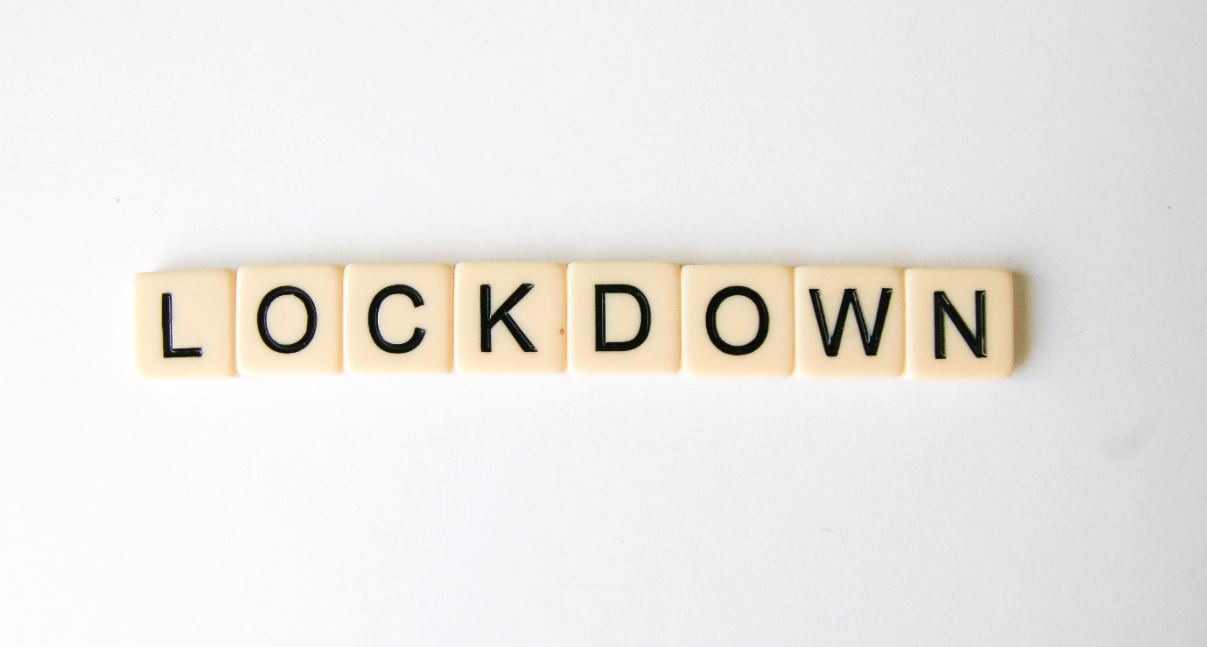Lockdown or No Lockdown?
Governments are grappling with the question of whether or not to restrict movement completely in a bid to contain the number of infections of COVID-19. Lockdown has been seen to work and it may be what gave China a breather and contained the wild-fire-like spread of the respiratory illness in the most populous country. A lockdown has heavy downsides on the social, psychological and economic well-being of citizens and it is the last resort but is it worth it?
Many governments have already gone ahead and given the dreaded order to keep people indoors. Germany is still trying hard not to entertain the idea of a lockdown, choosing instead to make the wearing of protective masks mandatory for those in the streets. Even though health experts say the masks do not prevent one from contracting the virus, they help the wearer not to spread the disease.
A lockdown may have social benefits to the families as more people have to spend increased time together. Of course, it also helps prevent the spread of the virus because as long as one is away from those infected and the contaminated areas, they are safe from the infection. Lockdown has also given people a better opportunity to wear their creative hats and social media is abuzz with this creativity.
There is sufficient documentation on the benefits of sports and physical activities for physical health and mental well-being. Being outdoors and engaging in physical play helps to develop resilience during these stressful times. It is no wonder that some governments like New Zealand have allowed people to keep a social distance to take walks, exercise and enjoy nature despite the lockdown.
For some countries which have a majority of the populace living from hand to mouth, a lockdown is a more painful decision. Whereas these people have no problem staying at home, it poses another threat to their lives – the risk of starvation. Partial lockdown and curfew are the other options some countries have taken. Such measures enable some citizens to keep earning a living.
Richard Kozul-Wright, Director, Division on Globalization and Development Strategies at UNCTAD says the agency envisages a slowdown in the global economy in the order of $1 trillion in 2020. A lockdown brings the already fragile economies to a grinding stop. With governments being urged to spend money now to avoid economic meltdowns, the level of anxiety is well beyond the serious and concerning health scares.
Heavily-indebted developing countries have had a double nightmare due to the upsurge of the pandemic. With their economies facing serious challenges already, including basic ones like insufficient water supply to wash hands, designing policies that support healthcare, provide social protection and give unemployment insurance is a serious headache. It is a blessing that such economic underperformers are yet to be hit in the same way as the US or Italy.
In the United States, the number of people filing for unemployment hit a record high and President Trump has been itching to face the economic challenges troubling the nation. However, more focus remains in the healthcare system and in ensuring that COVID-19 is contained.
This disease has brought a decade of expansion of the US, one the world’s largest economies, to an end. With most of the country under stay-at-home orders, 47 million people could be out of work in the coming months, according to the Federal Reserve - the US central bank. The $2 trillion stimulus package offered by Trump’s administration, the biggest in American history, will go a long way in saving the economy by directly putting money in the pockets of Americans who deserve it, even those abroad.
Some of the countries that have imposed total lockdown include France, Italy, Spain, China, South Africa, Rwanda, Zimbabwe, and Mauritius. For people with abusive marriage partners, a lockdown means captivity. Some homeless citizens have been offered accommodation to keep them safe from the virus. Lockdown also leads to scarcity in food commodities which results in increased prices.
As very tough measures continue to be in place to check the spread of this devastating disease, people are coming to terms with the severity of the pandemic. Not long ago, people would defy stay-at-home orders and it was not a big deal. At the moment, there is community policing in some areas to ensure that these measures are adhered with. This willingness of the population to try and enforce such orders shows that people understand the weight of a lockdown.
The pressure of the virus has eased in China, where the pandemic was first reported. However, the number of infections is yet to peak in almost all other affected countries. Even though there is a lot of work going on towards finding a cure or a vaccine, such positive news may need a lot of time. The world does not have the pleasure of that time right now as it tries to battle the scourge. The best response so far has been to stay at home.

